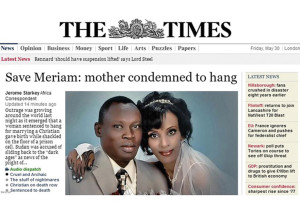
The Sudanese woman, spared a death sentence for converting from Islam to Christianity, flew into Rome in an Italian government plane.
In mid-May the world discovered the case of a Sudanese doctor, Maryam Yahya Ibrahim, who was condemned to death for apostasy.
How did this startling sentence come about?
Professor Valentina Colombo: The case of Maryam, a 27-year-old mother of a 2-year-old boy and a 1-year-old baby born in prison, is a story – or, rather, a nightmare – that shows what a long road certain Islamic countries still need to travel, to ensure basic human rights for their citizens.
On May 15, 2014, Maryam was condemned to 100 lashes, for adultery, and to death, for apostasy.
At the beginning, in August of 2013, this doctor was arrested under the accusation of adultery, because she was married to a Christian with whom she had had a child. Article 146 of the Sudanese penal code states that someone marrying a non-Muslim can be accused of adultery. During her trial, in February, 2014, she explained that she was a Christian, and this brought about the accusation of apostasy, based on article 126. But to fully understand what this young Sundanese mother and wife is going through, and to comprehend the atrocity of the brutal accusations brought against her, we need briefly to describe her life so far.
Maryam was born the daughter of a Muslim father and an Ethiopian Orthodox Christian mother. Her parents’ marriage was legitimate, from the Islamic standpoint, since Islamic law allows a Muslim man to marry a woman belonging to People of the Book, meaning Christians and Jews. However, Islamic law does not consent to the opposite situation, and that is why Maryam was accused of adultery: she had married a Christian who hadn’t embraced the Islamic faith before marrying her, as sharia law requires, and so their marriage was “illegal.”
But is Maryam a Muslim or a Christian?
She maintains that she is Christian, while the court considers her Muslim, and condemned her as such. When Maryam was six years old, she and her mother were abandoned by her Muslim father. Her mother brought her up in the Christian faith. And Maryam is right when she states that she is Christian, since her whole life she has known no other religion but Christianity.
So, on June 23, 2014, Maryam was exonerated and set free, but on the 24th of June, while on her way to leave Sudan with her husband and children, she was stopped again, for presumed visa irregularities. Other sources tell us that she was probably stopped because there was a fear that she could have stirred up public unrest, were she to have made any declarations. The 25th of June she and her family were once again set free, and it is hoped that all intimidation has now ceased.
Hers is a sad case in which international mobilization clashes with a regime that interprets human rights solely from the Islamic point of view, which is relativistic.
What can we do, when a case such as Maryam’s come up?
We can relate the facts of the case, talk about it, and make international institutions, such as the United Nations, aware of it, all in the sad knowledge that those countries which adhere to the Organization for Islamic Cooperation don’t recognize the Universal Declaration of Human Rights. It is important for there to be Muslim activists who oppose the Sudanese court’s sentence, and who fight to guarantee their fellow Muslims’ right to choose their own religion.
Could you point out for us some cases similar to Maryam’s, never brought to the international public’s attention?
It isn’t made sufficiently well known that charging someone with apostasy, or blasphemy, has become a weapon in the hands of totalitarian regimes for condemning their opponents. A prime example is the 31-year-old Saudi Arabian blogger, Raif Badawi, who was condemned to 10 years in prison, a thousand lashes, and a fine, and who is still under the threat of possible apostasy charges, not because he criticized Islam, but because he criticized the Wahhabi interpretation of it.
Concerning condemnation for blasphemy, the case of Asia Bibi, in Pakistan, is emblematic. Her case began in 2009.
Asia, a farm girl, was asked to go fetch water. A group of Muslim women pushed her away from the well, maintaining that, as a Christian, Asia should not be allowed to touch the water container, and they went to denounce her to the authorities, claiming that she had offended the prophet Mohammed during their discussion. Asia Bibi was beaten, closed in a small room, raped, and a few days later was arrested in the village of Ittanwalai. Despite denying the accusations, and repeating that she was being persecuted and discriminated against because of her religious faith, she was arrested and brought to court. She is still awaiting a definitive sentence, which has been severely delayed, because, on the one hand, there is international pressure for her acquittal, while Pakistan’s Islamic institutions, and, above all, the Islamic radicalism present throughout the country, want her to be condemned.
What exactly is the Sharia, the Islamic law, and what is its role in Muslim countries today?
Sharia law, like the “jurisprudentia romana” of ancient Rome, is “rerum divinarum atque humanarum notitia” (“knowledge of the supreme law and the human one”) and in its most ample meaning it covers all aspects of the religious, social, political and economic life of Muslims. In fact, besides rules concerning the faithfuls’ ritual practices, it encapsulates the entire sphere of laws dealing with family, heredity and property.
Sharia law, the set of precepts that regulate the lives of Muslims as individual believers, and as members of an ideal “umma” (the community of believers) is, in theory, the criterion on which a believer’s lifestyle and conformity to Koranic teaching is based. In practice, though, this interpretation is accepted nowadays only by the most radical and conservative elements of Islam.
In this sense, Sharia is perceived as a set of norms, explicit or implicit, of divine origin, thus being unalterable. Islamic law, therefore, wasn’t born of pre-existing norms: its norms, instead, were formulated from the divine word, in the profound conviction that the divine word always has an answer to offer, even if, sometimes, that answer is difficult to comprehend. We must remember, however, that only 3% of the Koran’s verses contain affirmations of a legal nature, and that many of these are bound to specific situations, connected to a narrow period of revelation. This 3% of verses can be found in a scant number of suras, essentially from the Medina period (for example, suras II, III, IV, V, VI, VII, XI and XXIV) and above all they concern family and hereditary law.
Islamic juridical tradition was quick to single out the sources of law that could juxtapose the Koran. The first group of sources is defined as “naql,” or “that which has been transmitted,” and it includes Koranic revelation, as the direct and non-mediated expression of God, which constitutes its primary source, the Sunna, or the sayings and deeds of the Prophet, and his biography. Thus, these are sources that can be defined as stationary. The second group of sources can instead be defined as “aql,” or “reason,” and includes the “ijma,” the “consensus of the community,” which was supposed to have been a common accord of all believers, but, due to the understandable impossibility of including every single believer, or rather the intangible “umma,” quite soon this became the “consensus of the learned,” who were given the task of making juridical decisions. Various jurists differ as to their opinion concerning the importance of the “ijma.” This is one of the points that separate Shiites and Sunnis. Some Shiites refute this completely, while others restrict it to direct descendents of Mohammed, through Ali. The “ijma” was born of the need to ensure the newly emerging Islamic doctrine of coherence in the face of the dispersion of believers and the continuing proliferation of the sayings and deeds of the Prophet. The other “rational” source is the “qiyas,” or the “analogical-deductive reasoning” of the single expert. This is more a procedure, or method, than an actual source. Reasoning is not the act of a “sovereign reason,” absolute and innovative, but instead is the well-intentioned search for reasoning in points of the divine word that may be less clear or less explicit.
Why does Sharia law call for the death penalty if someone abandons Islam? What is the justification for this?
In his book Islam et liberté (Basbah Editions, Algiers, 2000), Tunisian intellectual Mohammed Charfi takes up the subject of apostasy, mentioning certain Koranic verses that favor freedom of conscience, beginning with “Let there not be any coercion in the faith” (II, 256). He seeks to show that “God is not a fanatic, while the ulema (the body of Muslim scholars) of the past, as the ulema and fundamentalists of today, are.”
The Koran, in fact, does not prescribe that apostasy be punished by death. Islamic scholars justify the death sentence for apostasy by citing one of the Prophet Mohammed’s sayings: “Whosoever changes his religion, kill him.” This, however, is not a reliable tradition, because it belongs to a category of sayings that were transmitted by one sole person. Gamal al-Banna, the brother of the founder of the Muslim Brotherhood, stated, “They are apostates. But they are free to be just that. God says, ‘Whoever wants to believe, let him believe; whoever desires not to believe, let him reject the faith.’ (XVIII, 29) In the same way, God revealed that ‘the Koran does not impose any restriction on freedom of conscience.’ Religion cannot be imposed.”
In fact, the crime of apostasy has more historical than theological origins. As soon as news of Mohammed’s death began to circulate, in 632, the Arab tribes revolted against the first Caliph, Abu Bakr, jeopardizing the unity of the fledgling Muslim state. So Abu Bakr declared war on the apostates, with the community’s nearly unanimous consensus, spurring the “ulema” to codify this attitude and make the sentence universal.
The theologian of reference for the Muslim Brotherhood, Yusuf Qaradawi, made the startling statement that Islam would never have spread in the absence of the sentence of apostasy. Thus, not only is apostasy ferociously condemned, but, for radical Islam, banning apostasy has become a way of increasing the number of Muslims in the world.
Right after World War II, the United Nations proclaimed the Universal Declaration of Human Rights. But not everyone knows that this Declaration was never recognized by the majority of Muslim nations which, a few years ago, prepared their own version: the so-called Cairo Declaration. What does this Declaration call for?
Let’s take the concrete example of Maryam. In order to block her death sentence, diplomats from various countries, and Amnesty International, appealed to the 1948 Universal Declaration of Human Rights, and specifically to the respect for religious freedom, while the Sudanese judges referred to the 1990 Cairo Declaration of Human Rights in Islam, maintaining that Maryam was Muslim and an apostate.
And yet, one of the declared goals in the Preamble to the 1990 Cairo Declaration of Human Rights in Islam, is “to contribute to efforts made by humanity to guarantee human rights, protect people from exploitation and persecution, and affirm people’s freedom and right to a life of dignity, in accordance with Islamic Law.”
Article 11 states that “human beings are born free.”
And Article 5 states that “men and women have the right to marriage, and no restriction based on race, color, or nationality shall impede the exercise of this right,” but it fails to mention the religious affinities of the future husband and wife. It is, in fact, in Article 11 where we can find this key affirmation: “Islam is the natural religion of all human beings (al-islam huwa din al-fitra). It is not legal to subject people to any form of pressure, or take advantage of any possible poverty of weakness on their part, to convert them to another religion or to atheism.”
Article 11 is based on a concept expressed in Koranic verse 30 of sura XXX: “Therefore, turn your face to the true Religion, in purity of faith, first Nature in which God has placed men,” and on the saying of Mohammed, that “Every child is born with a natural disposition to Islam (“fitra”), and it is the child’s parents who make him Jewish, Christian or Zoroastrian.”
The Church and the Popes have underlined that religious freedom, which calls not only for freedom of practice, but also the freedom to change religions, is the basic freedom of all people. How is it that the West, with its focus on human rights, seems not to be interested in religious freedom in Muslim countries, and the persecution of Christians in these countries?
Unfortunately, the West’s view is often clouded by economic interests, on the one hand, and fear of domestic repercussions, on the other. This means that the West invokes human rights selectively, depending on which State is involved.
Consider Rome, in October 2013, where there was a celebration of 80 years of diplomatic ties between Italy and Saudi Arabia, with banners proclaiming Saudi Arabia to be a “Land of History and Dialogue,” while in Saudi Arabia Christians are not even allowed to wear Crosses around their necks.
I’d like to return to the very serious matter of how apostasy is treated in Islam…
We need to distinguish between accusations of apostasy, and real conversions to another religion or atheism.
Accusations of apostasy, as I have already mentioned, are prevalently a political instrument used for deterrence: whoever opposes political Islam, as represented by the various forms of Islamic extremism, is accused of apostasy. In doing this, a political opponent becomes an “enemy of Allah,” and thus an apostate.
If we speak of real conversions, their numbers are much higher than can be imagined, but most of these cases are conversions that “live in the catacombs” and don’t come out in public, due to fear of family and social repercussions. In the past few years, Europe has seen the rise of associations of ex-Muslims that are fighting courageously to ensure that people who are born Muslim can be free to choose their own religion.
Sharia law, which allows for capital punishment for apostasy, but which also legitimizes inequality between men and women, between Muslims (true believers) and non-Muslims, is perceived, from the West’s point of view, as lacking in respect for human rights. How is it that in certain democratic countries, such as Great Britain, the authorities tolerate the introduction of some elements of sharia law in Islamic circles?
This is a mistake that is often made in the West. In the name of tolerance, and respect for others, something that goes totally against fundamental human rights is accepted.
In Great Britain, something is changing. Last June an inquiry was launched by the Office for Standards in Education (Ofsted) in 21 different schools in Birmingham: it was found that in at least five of these schools there was an atmosphere of intimidation among the students, based on what the British report described as “ideologies based on Islamic extremism.” The Education Ministry then declared that Ofsted’s report had revealed a “culture of fear and intimidation” which will cause the government to start promoting “British values in all the 20,000 primary and secondary schools throughout the territory,” where for British values they mean the supremacy of English civil and penal law, religious tolerance, and opposition to gender segregation, including, perhaps, the use of the burqa in class.
Unfortunately this decision has come too late, and won’t be able to repair the damage caused by decades of embracing the disastrous and harmful model of multiculturalism.


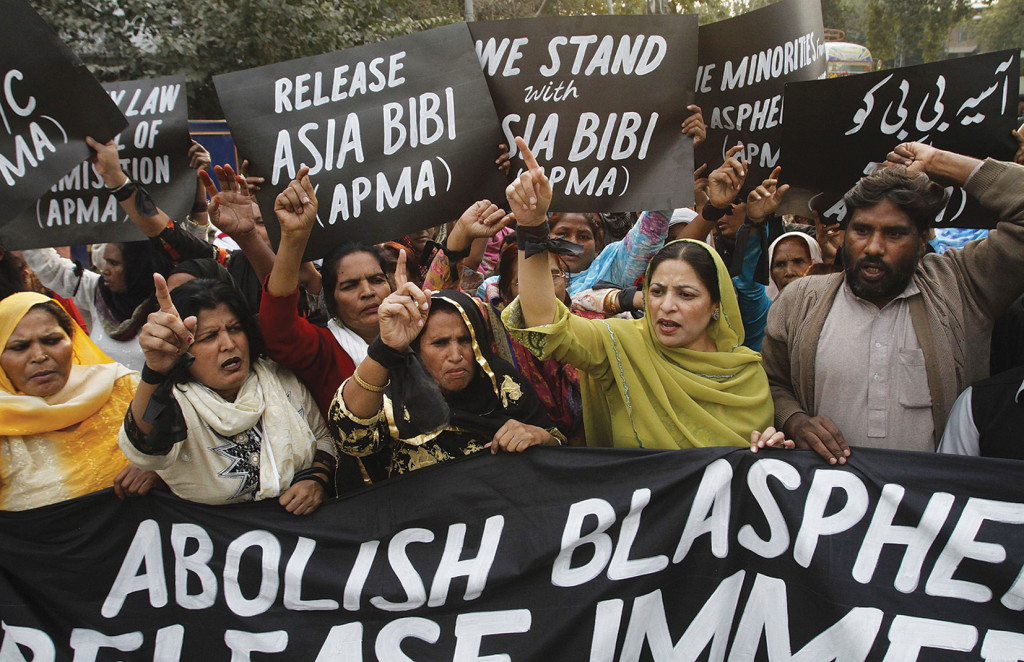
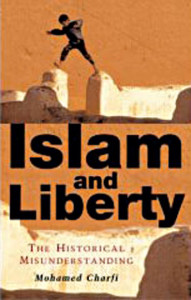
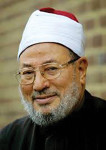
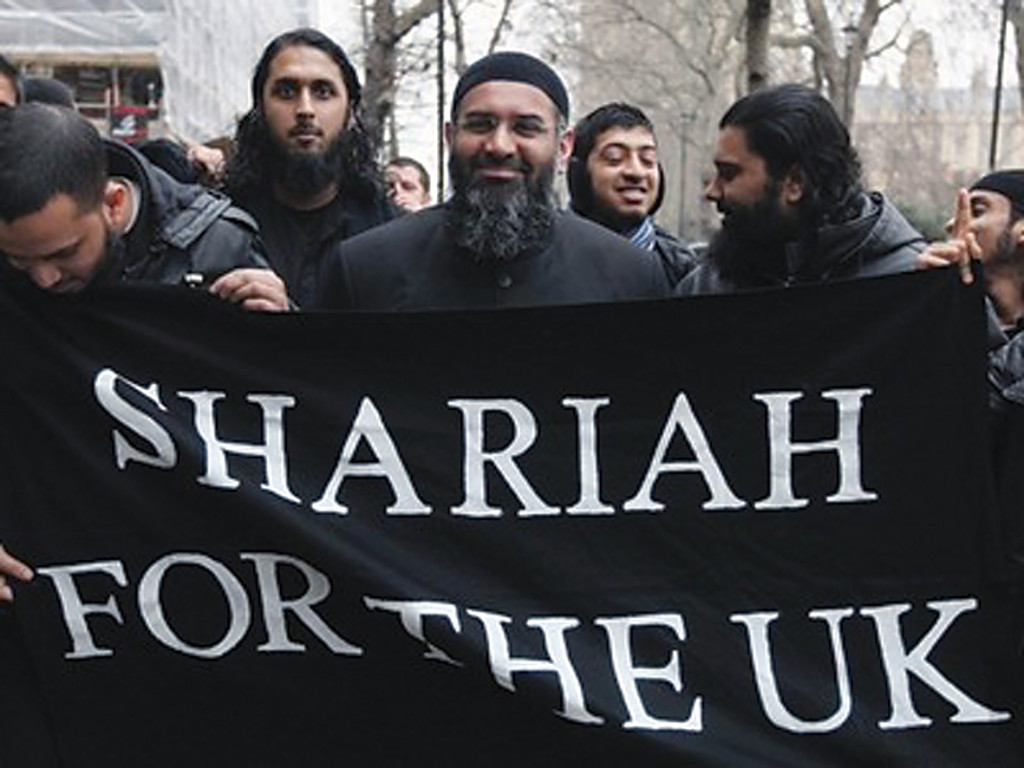


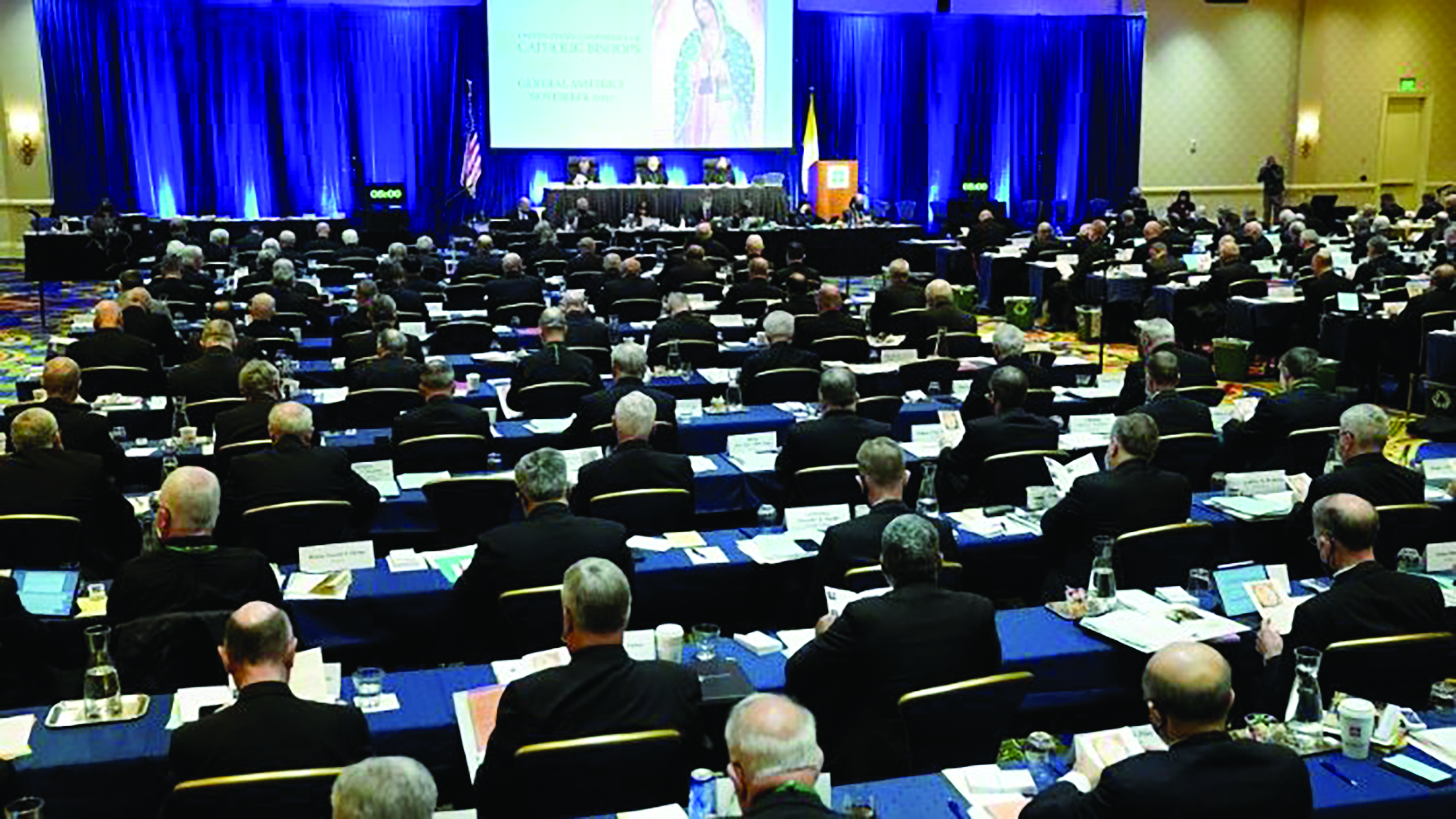
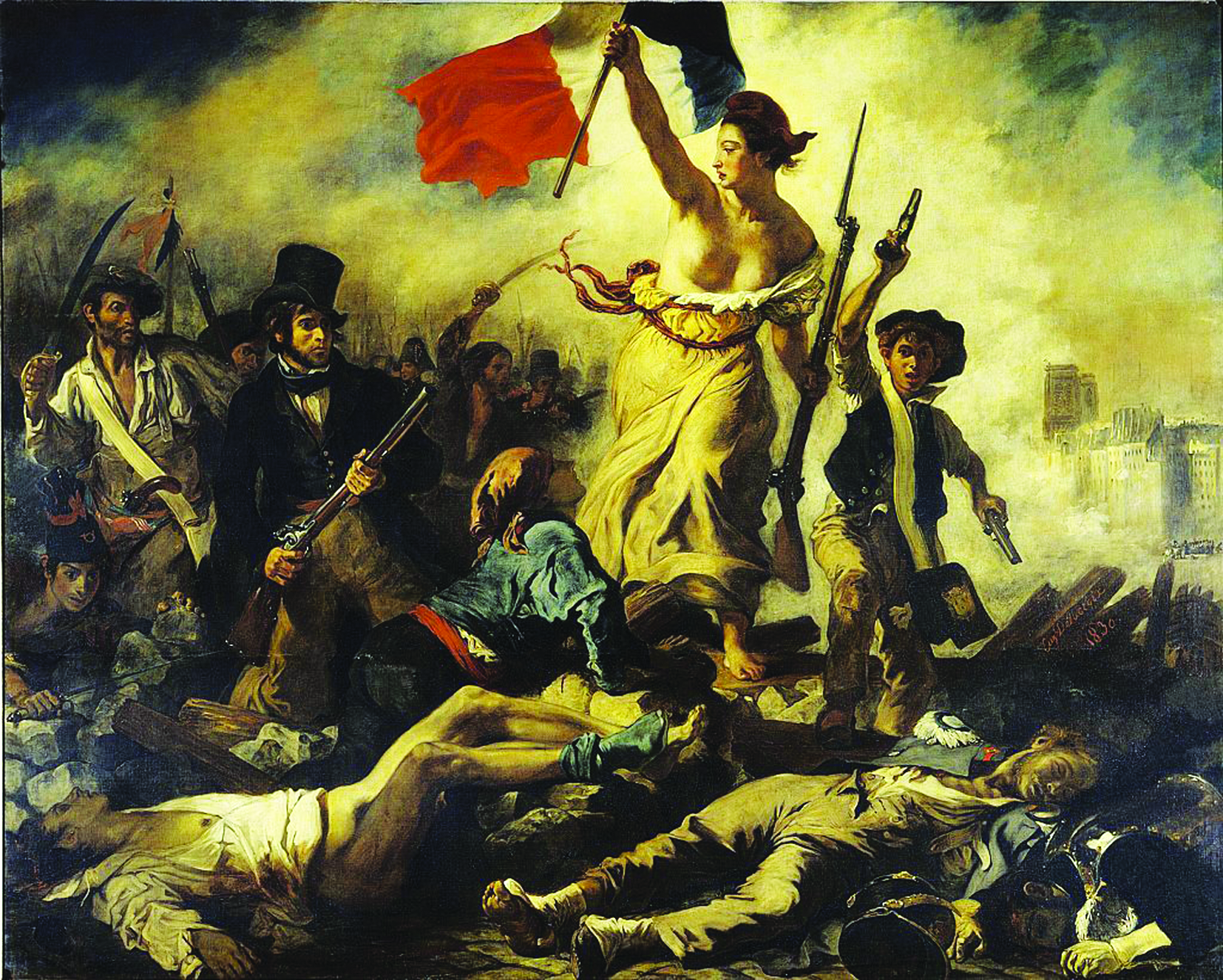

Facebook Comments